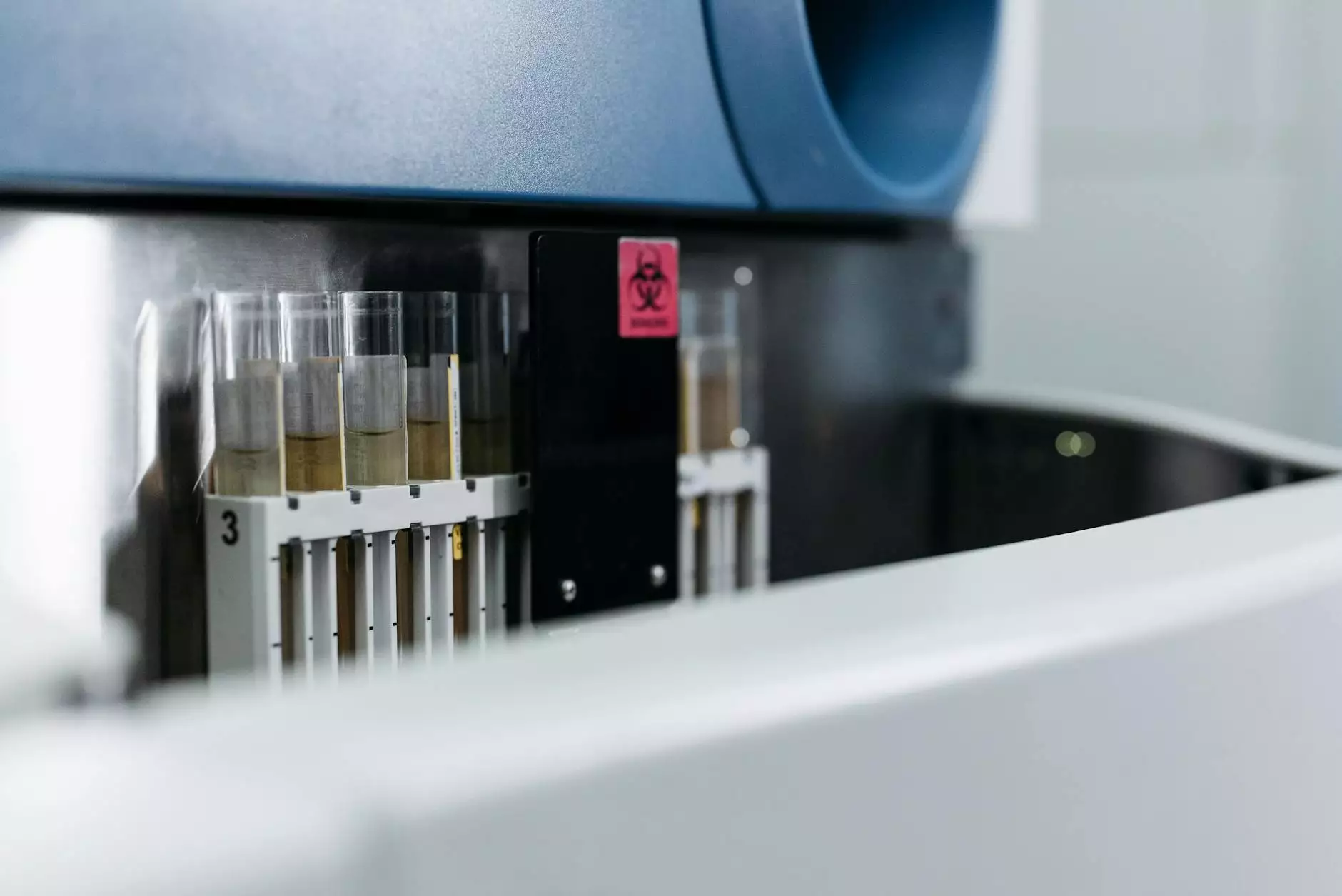Understanding Swollen Feet and Ankles After Surgery

Experiencing swollen feet and ankles after surgery can be a distressing situation for many patients. This condition is not only uncomfortable but can also cause anxiety regarding the healing process. In this comprehensive guide, we will explore the causes of swelling, ways to manage it, and methods to prevent future occurrences, all backed by expert insights from the field of vascular medicine.
What Causes Swelling in Feet and Ankles After Surgery?
Swelling, medically known as edema, can occur after surgery for several reasons. Understanding these causes is essential for effective management. Here are some common factors:
- Fluid Retention: Following surgery, the body may retain fluid as part of the healing process. This is particularly common in procedures that involve significant trauma or manipulation of tissues.
- Inactivity: Post-surgery, patients often reduce their physical activity significantly. Lack of movement can lead to blood pooling in the lower extremities, resulting in swelling.
- Medication Side Effects: Certain medications prescribed after surgery, such as steroids or non-steroidal anti-inflammatory drugs (NSAIDs), can contribute to fluid retention.
- Injury to Lymphatic System: Surgical procedures can sometimes impact the lymphatic vessels that are crucial for fluid drainage, leading to localized swelling.
- Positioning: Remaining in one position for an extended period, especially if the legs are dependent, can exacerbate swelling.
Recognizing Symptoms of Swelling
While swelling can be a normal part of the recovery process, it's important to recognize when it might indicate a more serious problem. Here are some symptoms that warrant immediate medical attention:
- Severe Pain: If swelling is accompanied by intense pain, it could indicate complications such as deep vein thrombosis (DVT).
- Discoloration: Red, warm, or discolored skin around the swollen area may signify an infection or other serious conditions.
- Shortness of Breath: This could be a sign of pulmonary embolism, particularly if accompanied by leg swelling.
- Persistent Swelling: While some swelling is expected, persistent or worsening swelling should be evaluated by a healthcare professional.
Management Strategies for Swollen Feet and Ankles
Fortunately, there are numerous strategies that can help manage swollen feet and ankles after surgery. Here are some effective methods and tips:
1. Elevation
Elevating the legs can significantly decrease swelling. Ensure that your legs are elevated above the level of your heart whenever possible. Use pillows or cushions to achieve an optimal position.
2. Compression Therapy
Utilizing compression stockings can help improve circulation and reduce swelling by applying gentle pressure to the legs. Make sure to consult with a physician regarding the appropriate type and level of compression for your needs.
3. Gradual Mobilization
As advised by your healthcare provider, gradually increasing your activity level can promote blood circulation and help mitigate swelling. Walking, even short distances, can be beneficial.
4. Hydration
Staying well-hydrated is imperative for recovery. Ironically, drinking more water can help flush out excess sodium and reduce fluid retention, contributing to decreased swelling.
5. Dietary Adjustments
Consider incorporating foods rich in potassium, such as bananas and avocados, as they can help balance sodium levels in the body. Reducing salt intake may also aid in minimizing swelling.
6. Pain Management
Discuss with your doctor about the best pain management strategies. Sometimes, effective pain relief can reduce the stress response that contributes to swelling.
Preventing Swelling After Surgery
Prevention is always better than remediation. Here are some crucial tips to help prevent swollen feet and ankles after surgery:
- Follow Your Doctor’s Instructions: Adhering to post-surgical instructions carefully can prevent complications, including swelling.
- Stay Active: Engage in gentle exercises as recommended by your healthcare provider to keep the blood flowing and reduce the risk of swelling.
- Avoid Prolonged Sitting or Standing: If your recovery allows, change positions frequently to encourage circulation.
- Monitor Your Diet: Be conscious of sodium intake. Consuming a balanced diet rich in vitamins and minerals can promote healing.
- Stay Educated: Understanding your surgery and recovery process gives you the tools to mitigate potential complications early on.
When to Seek Medical Help
While some swelling is expected, knowing when to seek medical assistance is crucial. If you experience:
- Swelling that does not improve with home management strategies.
- Severe or unbearable pain.
- Rapid or uneven swelling in one leg compared to the other.
- Fever or chills accompanying swelling.
- Signs of infection, such as redness, warmth, or discharge from surgical sites.
Contact your healthcare provider immediately if you encounter any of the above issues. Early intervention is key to addressing potential complications.
Expert Insights from Vascular Specialists
At Truffles Vein Specialists, our team understands the complexities involved in post-surgical recovery, particularly concerning vascular health. With seasoned professionals in vascular medicine, we provide tailored care that focuses on restoring optimal circulation and health status. Our specialists can guide patients through recovery with personalized plans, including physical therapy referrals and diet plans specifically designed to bolster recovery.
Our doctors recognize the importance of not just treating the symptoms but addressing the underlying factors contributing to conditions such as swollen feet and ankles after surgery. Through comprehensive assessments and follow-ups, we ensure all our patients understand their recovery journey and can manage any challenges that may arise.
Conclusion
In summary, while swollen feet and ankles after surgery can be a common occurrence, understanding the underlying causes, management strategies, and prevention techniques is essential for every patient. By taking proactive steps, communicating effectively with your healthcare team, and following post-operative guidelines, you can significantly improve your recovery experience.
Should you have any concerns or need personalized guidance, do not hesitate to reach out to Truffles Vein Specialists. Our commitment to your vascular health is our priority, and we are here to support you every step of the way on your recovery journey.



